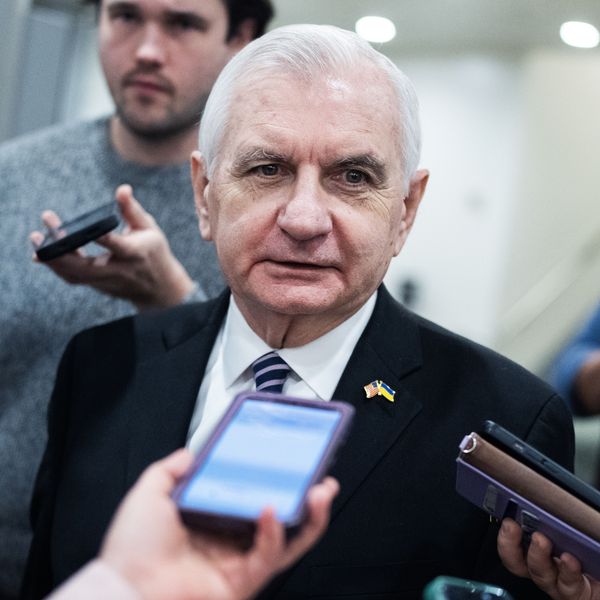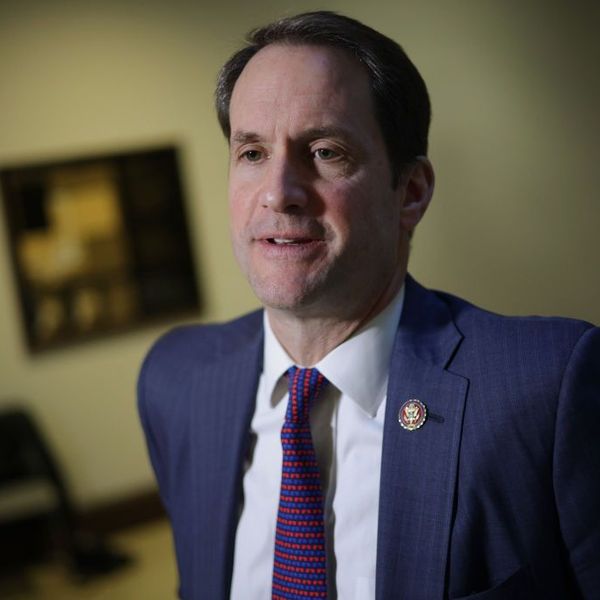WASHINGTON - The US Central Intelligence Agency revealed today that it had destroyed far more videotapes of terror interrogations than it had originally admitted, resuscitating a Bush administration scandal and increasing the pressure on Barack Obama to support a full investigation of the agency's detention practices during his predecessor's time in office.
Government lawyers acknowledged in 2007 that two videotapes and one audiotape had been destroyed. But new documents released today put the total number of tapes affected at nearly 100. "The CIA can now identify the number of videotapes that were destroyed. Ninety-two videotapes were destroyed," acting US attorney Lev Dassin wrote in a letter to a New York judge.
The controversy first arose during the lengthy trial of the September 11 conspirator Zacarias Moussaoui, in which prosecutors first denied, then conceded, that tapes had once existed documenting the questioning of the al-Qaida operations chief Abu Zubaydah, and another unnamed detainee. Michael Hayden, director of the CIA at the time, told his staff the tapes had been destroyed because they "posed a security risk".
But the news prompted accusations that the agency might be destroying the evidence of harsh techniques such as waterboarding, which Hayden later admitted had been used on Zubaydah. George Bush did "not remember being made aware" of the tapes' existence, his press secretary claimed at the time.
The new revelations emerged as part of a lawsuit in New York, in which the American Civil Liberties Union is using the US freedom of information act to make broad demands for more details of CIA interrogations. The government's letter says the agency is now gathering further information about the destroyed tapes, including what they contain and who might have viewed them. "The CIA intends to produce all of the information requested to the court and to produce as much information as possible on the public record to the plaintiffs," the letter claims.
At the justice department in Washington, a federal prosecutor is close to concluding a 14-month-long investigation into whether anyone broke the law by destroying the tapes, and the Senate intelligence committee has announced its own separate review of the CIA's detention and interrogation programme.
But despite pressure from Democrats in Congress, the Obama administration has responded to calls for a broader probe into George Bush's CIA by trying to change the subject, perhaps for fear of alienating those inside the agency.
Obama used his speech to the joint houses of Congress last week explicitly to rule out illegal interrogation methods - "America does not torture," he said - and his attorney-general underlined the point in a speech today. "Waterboarding is torture... my justice department will not justify it, will not rationalise it, and will not condone it," Eric Holder said. But the new president's CIA director, Leon Panetta, has said that he opposes a blanket investigation of the agency's practices in the past.


